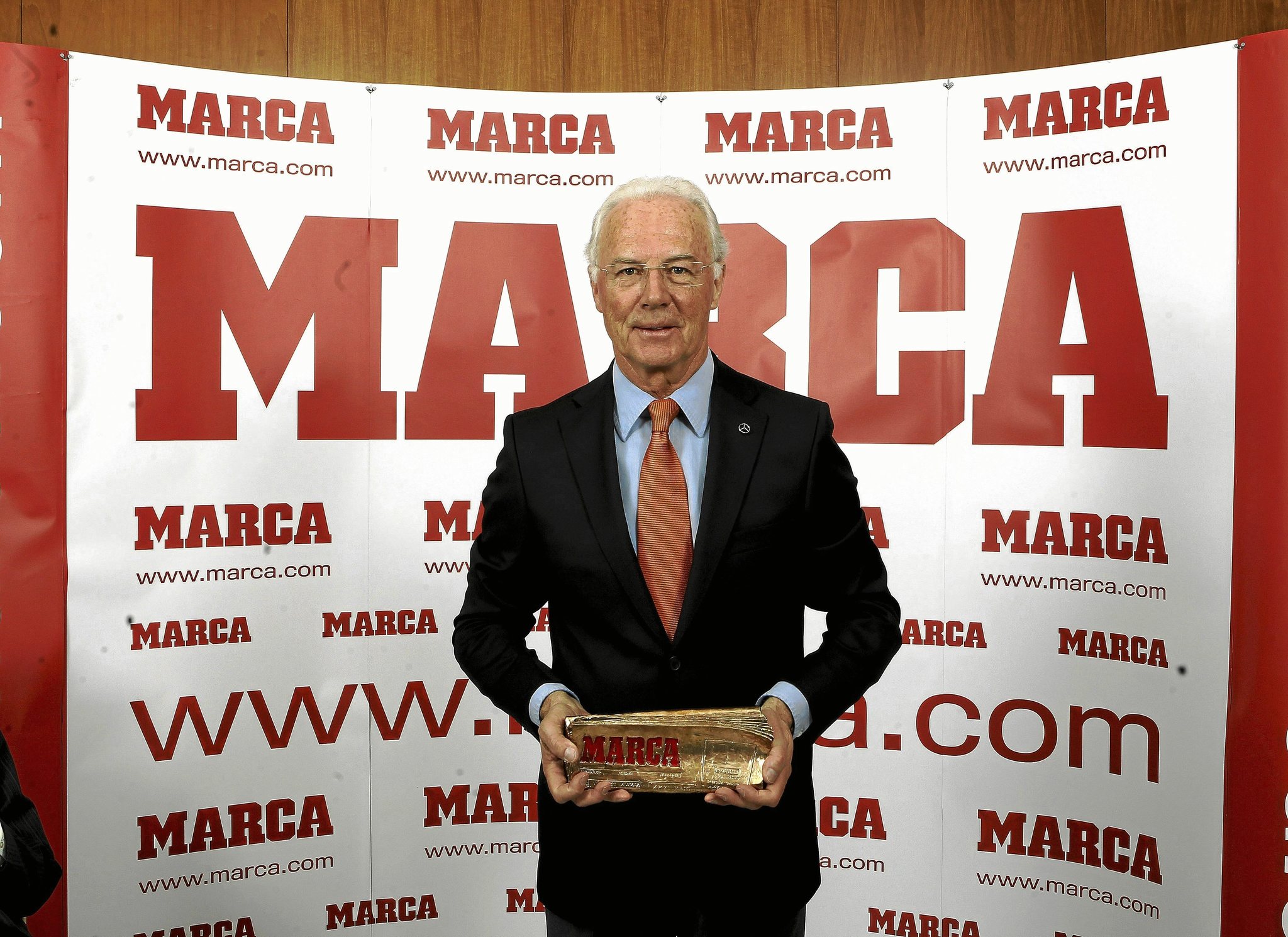Germany are preparing to say farewell to a soccer legend after Franz Beckenbauer, widely known as ‘Der Kaiser’, died on Monday at the age of 78.
Beckenbauer, a former Germany international, had been battling an illness that had kept him out of public life for the past few months.
Effect of Haaland’s Absence on Man City’s Title Chase
The historic sweeper is recognized as one of the greatest players of all time and won the World Cup as a player in 1974 with West Germany before the country had been unified, as well as the European Championship in 1972.
At club level, he triumphed with three consecutive European Cups (1974-1977) and was awarded two Ballon d’Or (1972 and 1976) for his efforts. As a coach, he won the World Cup with Germany in 1990.
Beckenbauer battled health problems
A few months ago, Beckenbauer publicly acknowledged that he had lost the sight in his right eye and that doctors had advised him to avoid long trips due to his heart problems.
“I would have liked to travel, but my health does not allow me to make long trips,” Beckenbauer said in a statement shortly after Pele‘s death, after not being able to attend the funeral of ‘O Rei’.
Beckenbauer, who was in the Olympus of the best soccer players of the 20th Century together with Diego Maradona, Pele, Johann Cruyff, Eusebio, Alfredo Di Stefano and Ferenc Puskas, had a long career as a footballer. He made his debut with Bayern in 1964 and retired with the New York Cosmos in 1983.
Beckenbauer recibe el MARCA Leyenda.
He was a central pillar in Bayern‘s greatness, leading a legendary team that included Gerd Muller, Uli Hoeness and Sepp Maier, among others, and initiated the Bavarian hegemony in the Bundesliga. Before their debut, they had only won two titles.
“Beckenbauer did not look at the ball, but perceived it with his foot,” his former teammate Hans-Georg Schwarzenbeck once famously said.
In the United States, he closed his career after having made history with Pele, forming the New York Cosmos, one of the most iconic U.S teams that won three championships. Before that, he had won everything that could be won with Bayern and the German national team, for whom he won 103 caps.
After his playing career finished, he was chosen as Bayern’s president for 15 years before being appointed honorary president, a position he held until his death.



